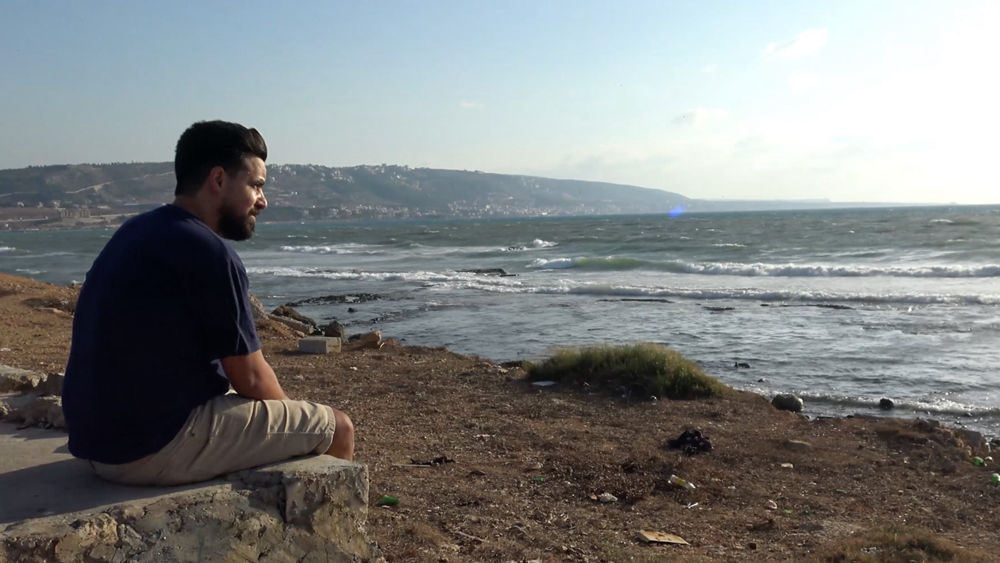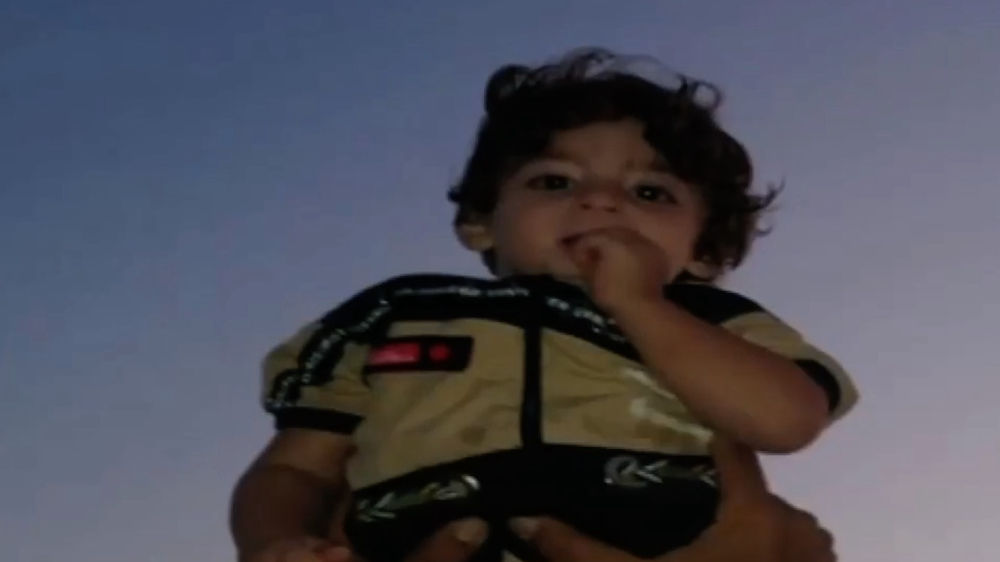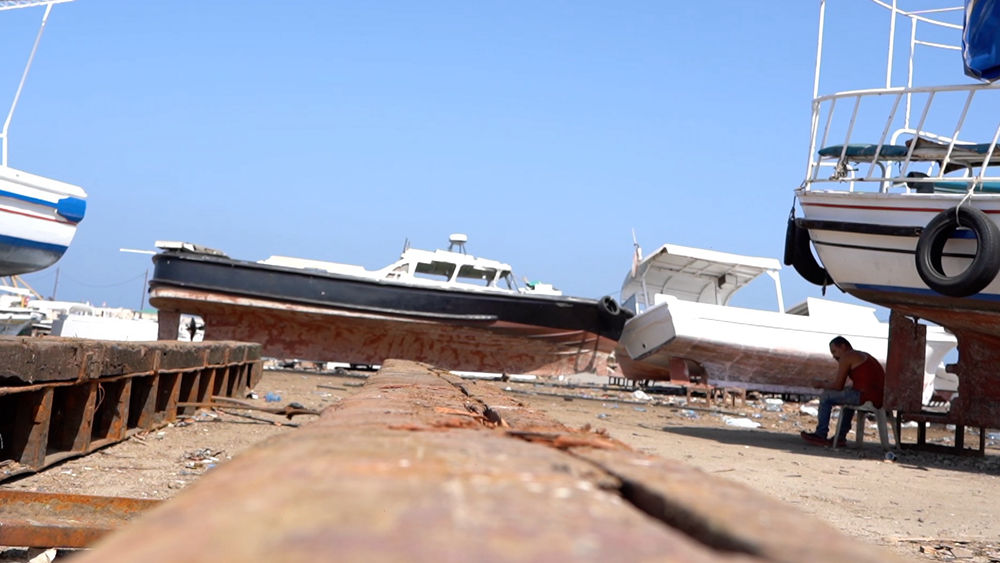02:21

"My son died in my arms, hungry and thirsty. There was nothing I could do for him," said Zeinab Mohammed, a "death boat" survivor.
Nazir Mohammed, another "death boat" survivor, along with his wife and four children, boarded a rickety fishing boat bound for Cyprus with hopes of getting a fresh start in life and leaving financial ruin and hopelessness behind in Lebanon.
Nazir scraped together the 13,000 U.S. dollars smuggler's fee and within a week he and his family boarded a boat to Cyprus in the middle of the night.
"We didn't have food or water – nothing. We were told we'd meet another boat along the way that would give us supplies, life jackets and a captain to guide us to Cyprus. It never happened. Three days later we ran out of diesel and were floating at sea," recalled Nazir Mohammed.
When Nazir's two-year-old son Mohammed begged for water, he offered the only option available: a bottle filled with seawater. Within hours Mohammed was vomiting, had dysentery and was feverish. Two days later he died.
The boat floated at sea for eight days. Ten people jumped overboard. Three bodies were recovered – seven are still missing.
A Turkish battleship rescued the survivors and returned them to Beirut's port.

The two-year-old son Mohammed. /CGTN
The two-year-old son Mohammed. /CGTN
The boat smugglers: 'Mafia that must be stopped'
Lebanon's ongoing humanitarian and economic crises, pushed to the brink by the COVID-19 pandemic and August's Beirut port explosion that left hundreds of thousands homeless, is propelling nationals to play a macabre version of Russian Roulette with their lives.
A recent Arab Youth Survey shows 77 percent of young Lebanese want to leave the country. Those with financial means board flights; others who can't afford to pay for airline tickets borrow money, take loans and sell off belongings to secure places onboard illegal boats sailing for the Cypriot shores.
"The state's responsibility and duty is to prosecute the smugglers and give people hope so they don't opt for hopeless choices. The smugglers lead people to death and turn the sea into a mass graveyard. It's a mafia and the network needs to be stopped," said Ashraf Rifi, head of Internal Security Services in Lebanon.

A boatyard in Tripoli, Lebanon. /CGTN
A boatyard in Tripoli, Lebanon. /CGTN
I'm aware of the danger, I am still going
Thirty-one-year-old Ibrahim Dunia is days away from boarding an illegal boat with his wife and two children – one a toddler. He sold his possessions and borrowed money from family members to pay a smuggler the equivalent of 10,000 U.S. dollars.
"Of course I'm afraid. For my children. But I think it will be tough for a few days and then it will pass. I'm more afraid of the future here for my children. There's nothing left. No work. No money. Maybe if I can get to Cyprus I can help them and help my elderly parents. The smuggler told me not to worry. He's going to let me talk to others who have made it safely."
Cyprus' policy is to send Lebanese and Syrians arriving in illegal boats back to Lebanon. Officials in Cyprus say they turned back 230 people in September.